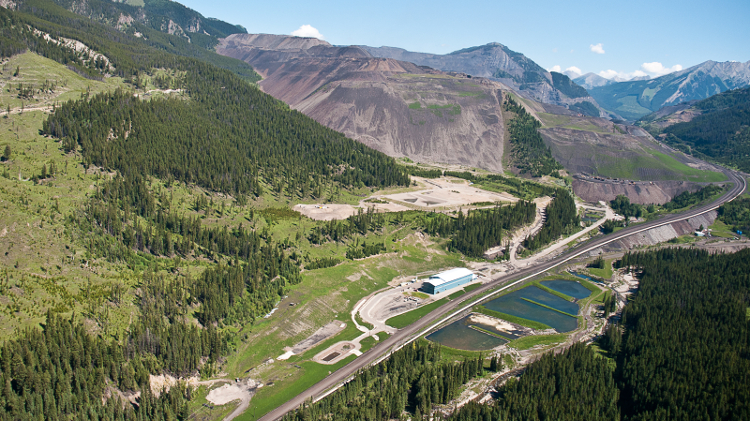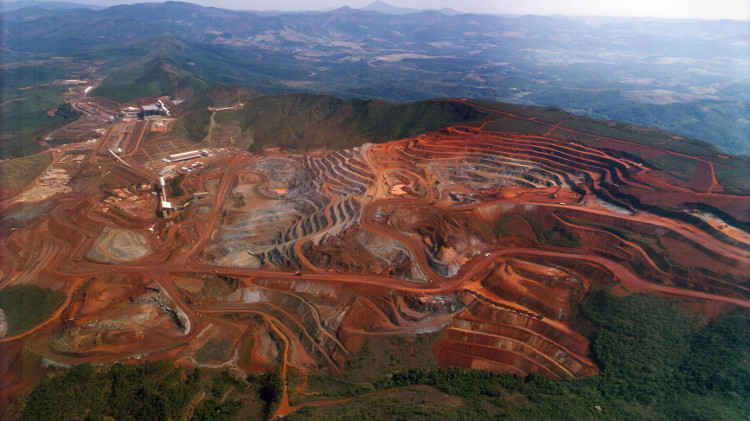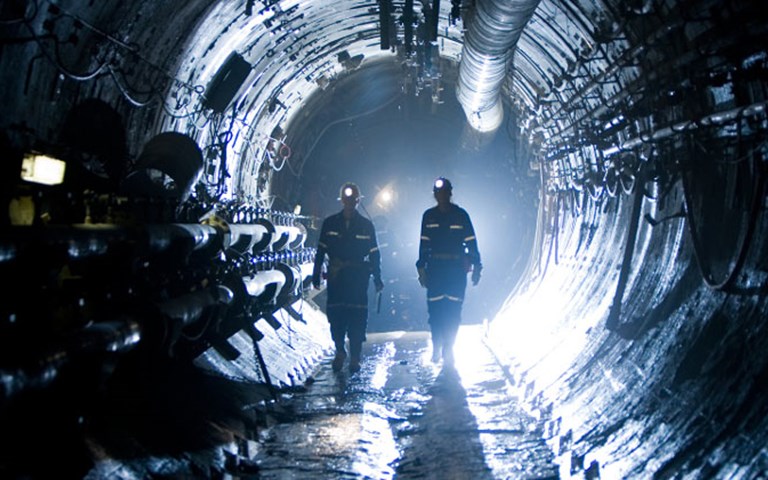Amidst a high-profile contract termination, Cameco will be cutting 120 employees at the McArthur River, Key Lake and Cigar Lake operations in Northern Saskatchewan. Courtesy of Cameco Corporation
Bear markets continue to plague Canada’s largest uranium miner as Cameco announced more layoffs at its Canadian operations, net earnings lower than analyst expectations and a contract dispute with the Tokyo Electric Power Company (TEPCO) in early 2017.
TEPCO issued a termination notice for a uranium supply contract in January, which Cameco rejected. The Japanese energy giant stated that an event of “force majeure” has occurred, since it has been unable to operate its nuclear generating plants for 18 consecutive months due to government regulations arising from the Fukushima nuclear disaster in 2011.
TEPCO already received and paid for 2.2 million pounds of uranium since deliveries began in 2014, and the termination would affect approximately 9.3 million pounds of stock through 2028, worth approximately $1.3 billion. If negotiations fail to resolve the dispute, the case could move on to binding arbitration.
“We’ve been dealing with the general risk of contract non-performance due to Fukushima for nearly six years now,” Cameco senior vice-president and CFO Grant Isaac said in a conference call, noting that similar contract challenges had been successfully defended by the company in the past. “We also believe that the further we get away from the event, the lower the risk that that event can be legitimately used to justify contract non-performance.”
This news came just days after Cameco announced plans to lay off 120 employees at the McArthur River, Key Lake and Cigar Lake operations – about 10 per cent of its total workforce. The company has also decreased pickup points for its commuter service in order to cut costs. These measures followed the shutdown of operations at Rabbit Lake and the cessation of most U.S. operations last April, which cut roughly 500 positions.
In the same statement, Cameco also chided the discrepancy between analysts’ net earnings estimates for the company and its own significantly lower expectations for 2016. On Feb. 9, the company announced a net loss of $62 million largely due to impairment charges of $362 million caused by the Rabbit Lake and Kintyre projects.
Uranium prices have fallen 50 per cent since 2011, along with the stock value and overall profitability of global producers. Public perceptions of the nuclear industry have also been tarnished, prompting Germany, after a series of public protests, to promise to phase out all nuclear reactors by 2022, even if it means a temporary return to coal.




